
CEE developers offer better value than Western Europe
Research by TechBehemoths shows that strong education systems, multilingual talent pools and EU-level legal protections keep CEE competitive for global tech outsourcing and nearshoring.

Research by TechBehemoths shows that strong education systems, multilingual talent pools and EU-level legal protections keep CEE competitive for global tech outsourcing and nearshoring.
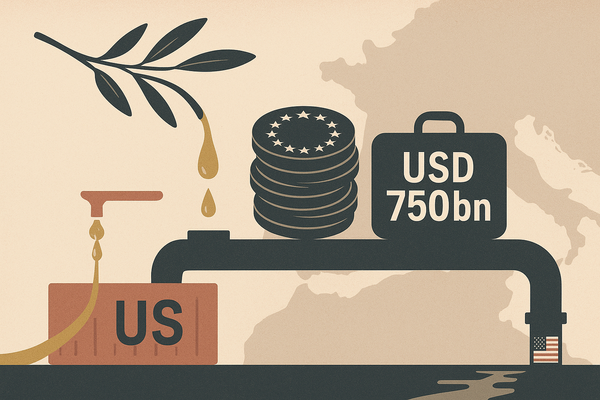
The World Bank forecasts regional growth of 3.1% in 2025, and finance ministries say cushioning the tariff shock will be essential to meeting that target. However, regional industry groups are warning of mounting pressure on Balkan economies.
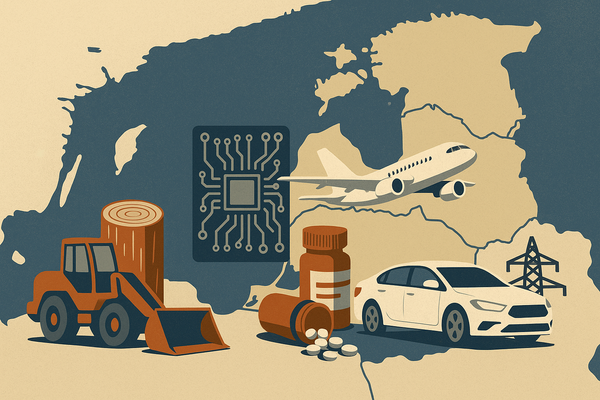
Brussels‑based think tank Bruegel estimates that the average US tariff on EU goods will rise to 15.2%. Although that average masks significant differences - it underscores the new baseline confronting Baltic exporters.
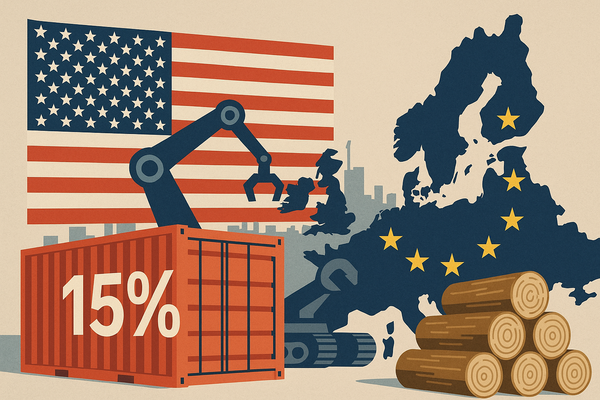
Polish Prime Minister Donald Tusk warned that the duties could cost Poland more than USD 2bn and hurt agriculture and manufacturing, although he called the compromise deal a “lesser evil” to a threatened 30% tariff.
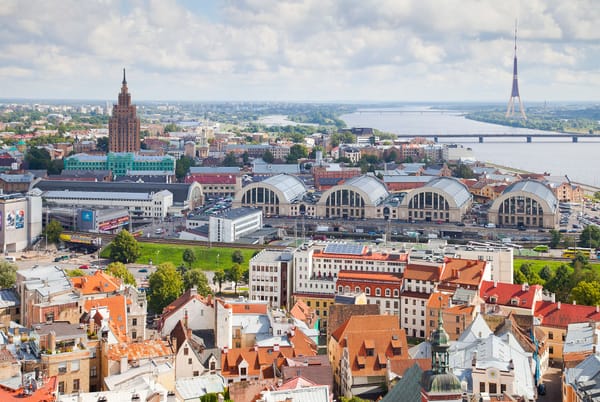
Latvia lags its Baltic peers on investment intensity and credit availability, according to the Organisation for Economic Co-operation and Development (OECD).

“I carried out my duties in good faith, but I cannot allow this situation to paralyse the work of the government,” Paluckas told members of the press after tendering his resignation in Vilnius, south-east Lithuania.
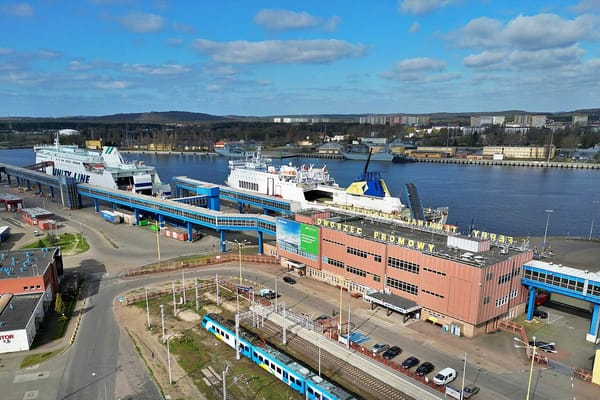
The discovery is among the most significant conventional oil finds in Central and Eastern Europe in the last decade, analysts said. Enerdata noted the resource scale could elevate Poland’s upstream profile within the EU, while World Oil called it a “strategic breakthrough in the Baltic basin”.

European Commission (EC) President Ursula von der Leyen agreed a new trade deal with US President Donald Trump at Turnberry, south-west Scotland, on 27 July, setting a ceiling of 15% on tariffs for EU goods and averting a wider transatlantic escalation.

Romania’s 2024 presidential elections marked the first instance of a national vote annulled due to foreign interference within the EU, the European Commission noted. The episode has triggered renewed calls in the EU and NATO for enhanced cybersecurity capacity and democratic resilience across CEE.
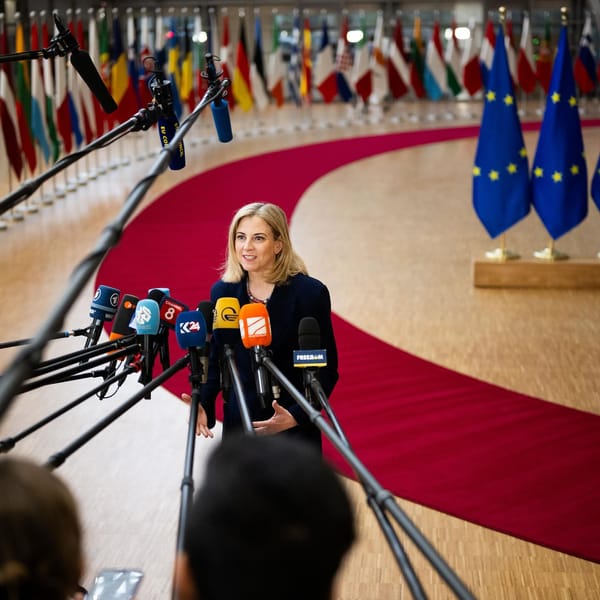
Finland and Sweden abandoned their long-standing neutrality and joined NATO in 2023 and 2024 respectively, citing heightened security threats from Russia. Austria, bordered by NATO members Czechia, Slovakia, Hungary and Slovenia, is increasingly the odd one out in Central Europe’s defence landscape.
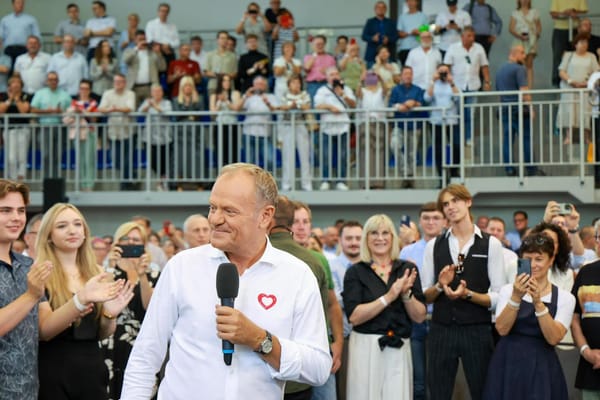
The model reflects past moves in Hungary and Romania to centralise economic power, often justified as way to improve implementation. Poland’s approach, however, appears more technocratic, with few political figures outside the prime minister and foreign minister elevated.
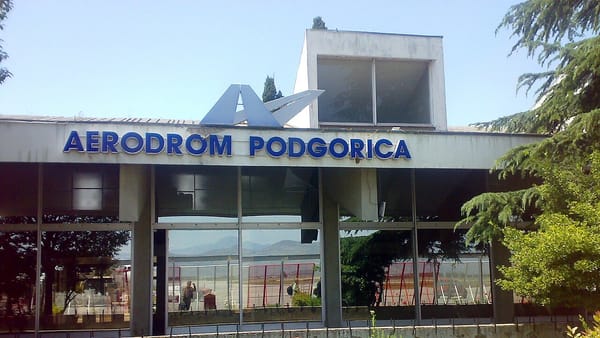
South Korean President Yoon Suk-yeol welcomed the agreement as a “milestone in regional partnership”, and said it reflected growing bilateral cooperation in strategic infrastructure sectors.
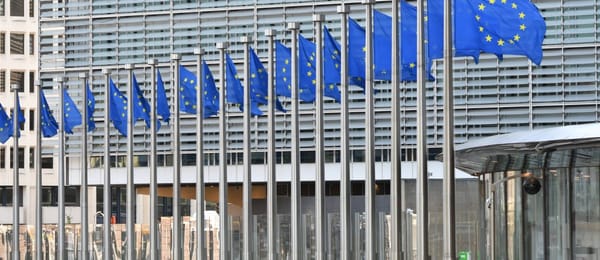
The EC is expected to present the proposal formally as part of its mid-term budget review later this year. The plan must be approved unanimously by all 27 member states and endorsed by the European Parliament. Opposition is expected from net contributor countries and regions facing cuts.
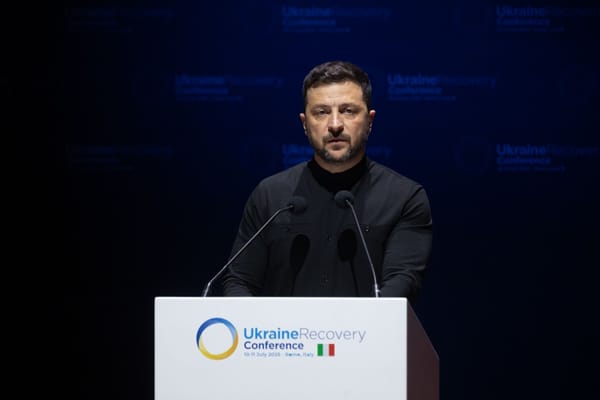
CEE contributions include cross-border logistics, public-private coordination platforms, and green recovery initiatives. Regional forums such as the Three Seas Initiative are also expected to play a larger role in financing and implementation.
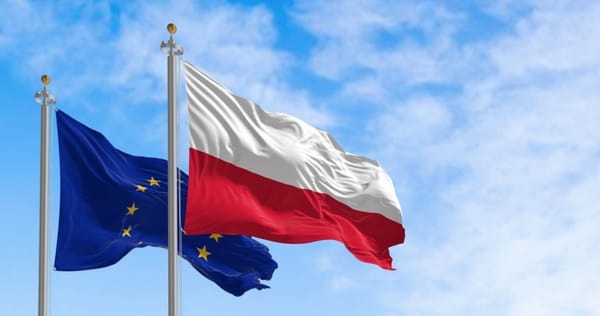
The European Commission (EC) published long-term budget allocation plans on 17 July, showing Poland set to receive the highest national allocation under the 2028-34 Multiannual Financial Framework (MFF), totalling EUR 123.3bn.